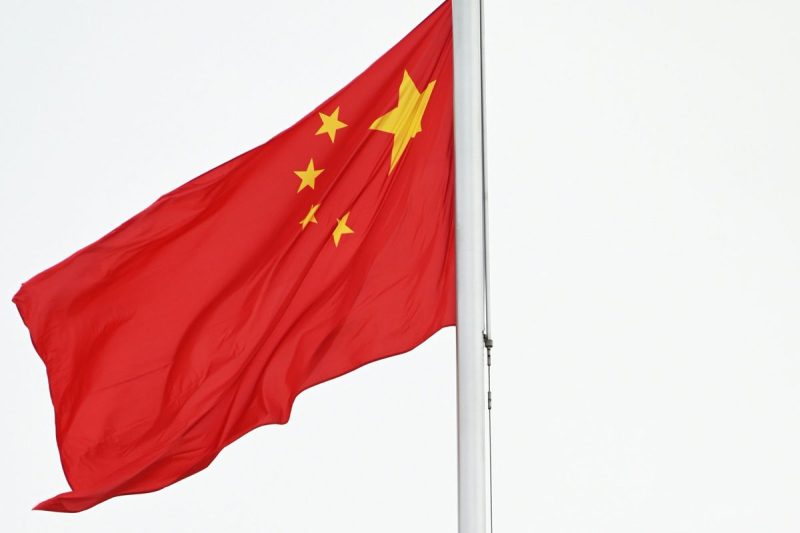
China’s Iron Grip: New Antimony Export Controls Tighten Strategic Mineral Hold
China Tightens Grip on Strategic Minerals with New Antimony Export Controls
Antimony, an essential mineral used in various industries, has recently come under tighter control by China, the world’s largest producer of this strategic resource. This move has raised concerns among industries worldwide as China implements new regulations to limit the export of antimony, thereby tightening its grip on the global supply chain.
The strategic importance of antimony stems from its wide-ranging applications, such as a flame retardant in plastics, a catalyst in the production of polyester, and a key component in semiconductor technology. With China historically dominating the global antimony market, accounting for a significant portion of production and exports, any regulatory measures taken by the country can have a ripple effect on industries worldwide.
The new export controls imposed by China on antimony highlight the country’s focus on securing a steady supply of strategic minerals to support its industrial and technological sectors. By limiting the amount of antimony that can be exported, China aims to retain more of this valuable resource for domestic consumption and use in its burgeoning high-tech industries.
The implications of China’s tightened grip on antimony exports are significant for countries and industries that depend on a stable supply of this mineral. With potential disruptions in the global antimony market, businesses may face challenges in sourcing this critical resource, leading to supply chain disruptions and price volatility.
To mitigate the impact of China’s export controls on antimony, countries and industries reliant on this mineral must diversify their supply chains and explore alternative sources of production. Developing new partnerships with antimony-producing countries outside of China and investing in domestic production capabilities can help reduce dependence on Chinese exports and ensure a more secure supply of this strategic mineral.
In conclusion, China’s tightening grip on strategic minerals like antimony underscores the country’s prioritization of securing essential resources for its industrial and technological advancement. As industries worldwide navigate the implications of these new export controls, diversifying supply chains and exploring alternative sources of production will be crucial to ensuring a stable and sustainable supply of antimony in the global market.
